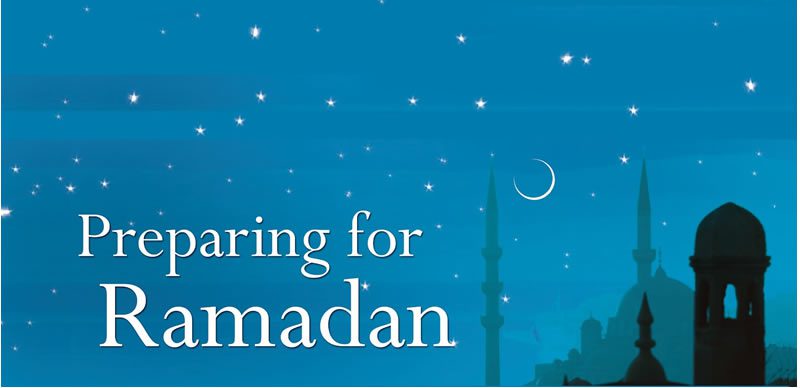Ramadan is the ninth month of the Islamic lunar calendar during which Muslims worldwide fast for 29 to 30 days.
This involves completely refraining from food and drinks from sunrise to sunset.
Additionally, couples are required to abstain from sexual activity or behaviors that may lead to romance while fasting, although they are permitted to be together in the evening or at night, as mentioned in Qur’an 2:187.
Ramadan is a time for Muslims to contemplate and discipline themselves in order to seek Allah’s forgiveness, mercy, and guidance.
Muslims are expected to increase their good actions during Ramadan and avoid negative behaviors such as gambling, envy, and gossiping.
Prophet Muhammad (SAW) stated, “When the month of Ramadan begins, the doors of heaven are unlocked, the gates of hell are closed, and the devils are restrained.”
As a result, Muslims are urged to avoid sinful acts.
Fasting during Ramadan is one of the five pillars of Islam, in conjunction with belief in Allah and His messenger, observing the five daily Solat (prayer), giving alms (Zakat), and pilgrimage to Makkah.
Muslims value fasting as it helps to control worldly desires, enhance spirituality, and draw closer to Allah, encourages reading the Holy Qur’an, promotes charity to the needy, and fosters love for fellow Muslims, among other benefits.
One of the significant events that makes Ramadan special is the revelation of the Holy Qur’an by Allah to Prophet Muhammad (SAW) during this month.
Furthermore, Allah directed Muslims to fast, as mentioned in the Holy Qur’an in Q2:183, where He stated, “O you who have believed! Fasting has been prescribed for you as it was prescribed for those before you, that you may (learn) self-restraint.”
Following the Prophet's example, he advised Muslims to fast during the preceding month of Sha’ban (although not as intense as Ramadan) to prepare their minds, improve their spirituality, and health before Ramadan.
However, fasting is not limited to Ramadan. Muslims can also fast on Mondays and Thursdays of every month, as well as the 13th, 14th, and 15th days of every month.
When does Ramadan begin?
The start of fasting in Ramadan largely depends on the sighting of the crescent moon by relevant authorities and trustworthy Muslims.
If the crescent of Ramadan 1445 AH is sighted after sunset on Sunday, March 10, 2024, which is equivalent to 29th Sha’aban 1445 AH, fasting will begin on Monday, March 11, 2024. Otherwise, it will commence on Tuesday, March 12, 2024.
For instance, in Nigeria, Muslims commence their fasting upon the announcement by the President-General of the Nigerian Supreme Council for Islamic Affairs, who also serves as the Sultan of Sokoto, Muhammad Sa’ad Abubakar III.
In this piece, PUNCH Online presents 10 recommendations for Muslims to follow in order to have a smooth Ramadan period:
1. Undergo a medical check-up to assess your health before fasting.
2. Purchase essential food items and beverages to sustain you.
3. Make sure to eat a pre-dawn meal (Sahur) before fasting and a meal after breaking your fast (Iftar).
4. Repeat the Qur’an regularly and donate to the poor
5. Perform daily required prayers in the mosques and continue to remember Allah.
6. Increase the number of extra prayers (Nawafil)
7. Attend Islamic lectures and gatherings where you will hear about the fear of Allah and learn from the Qur’an.
8. Avoid spending a lot of time on television and social media.
9. Take part in the Tarawi prayer after the ‘Isha’i prayer. It can also be done in the middle of the night.
10. Strengthen your prayers on the odd nights of the last 10 days. This will increase your chances of experiencing the Laylatul Qadr – ‘Night of Power,’ during which your worship will be worth more than months of worship, if you are fortunate.



